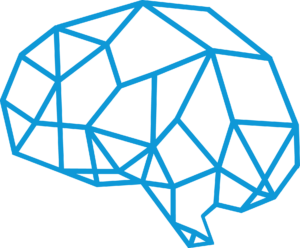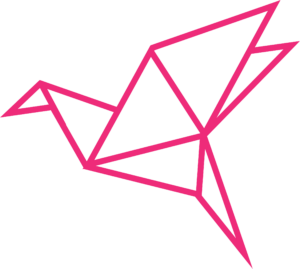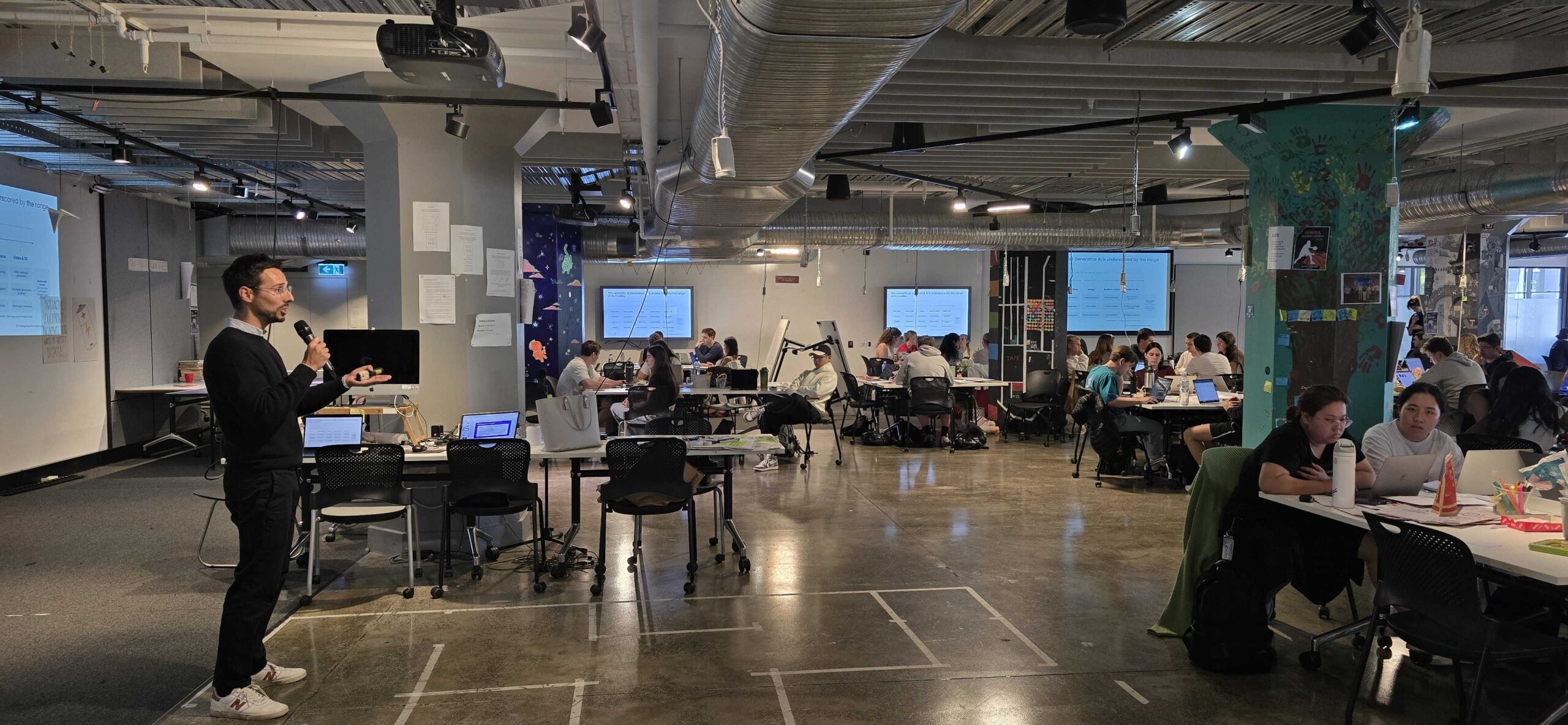Business Model Transformation
There is a huge amount of data contained in the 333 slides of Mary Meeker’s 2019 Internet report, much of which updates trends identified in earlier reports. But what was truly novel was her focus on digital business model transformation. Here are some of the insights we extracted.
1. The rise in popularity of the Freemium Business Model.
The concept is that freemium will lead to premium. We have all personally been down this path. We sign up for free to receive certain limited services, and later we are asked to pay for the ability to transact more broadly. The use of freemium in gaming is quite obvious but is now pervading the corporate world through Zoom, Google, Dropbox, and Slack. It also pervades the consumer space outside of gaming – Spotify and Canva for example. Think about how many Apps you use that kicked off as freemium and are now embedded in your credit card statements for “not much” per month. The insight from Mary Meeker is that freemium is just getting started as a viable, serious business model.
2. The use of data is significantly changing Business Models.
Data has long been identified as a key asset of most organisations however, it is fair to say that most organisations don’t effectively use the data they collect. What is highlighted by Mary Meeker is the use of data to drive personalised customer experiences. An interesting trend is the effective use of collaboration by seemingly disparate entities with different business models, for example Salesforce and Adidas collecting data to improve products for their customers. Or Slack and HelloFresh managing connections to organise better communication. Partnerships have the potential to drive a whole new way of doing business.
3. Freedom and Regulation: A key consideration of new Business Models
What should be permitted online, and what should be banned? We are big fans of Osterwalder’s nine-box Business Model Canvas for articulating a company’s business model as it stands and envisaging the business model of the future. Perhaps a tenth box needs to be added – “freedom and regulation” i.e. what content is permissible and what is not to be permitted. What are the ethical concerns for the company?
4. The Business Model for education is rapidly changing.
Online education is scaling exponentially. Online marketplaces such as Coursera continue to expand significantly. To access Lambda School, students pay no tuition until they have landed a job earning $50K or more. VIPKid enables teachers in North America to teach English to children in China. Byju’s allows students aged 9-17 in India to learn through video-based classes. Youtube now has over 4.5 billion “annual hours” of “How to” video content and has been embraced as a learning tool by Gen Z. Lifelong education, anywhere, anyhow is fast becoming a valid business model.
5. Learning from China.
Observing the evolution of the gaming space in China is driving business model transformation in payments, e-commerce, retail and education globally. The game of WeChat Jump Jump (no error here) spawned an entire ecosystem of mini-programs. China has even gamified philanthropy with, for example, Ant Forest, whose 500 million+ users also reside on the payment platform Alipay. Pinduodou has revolutionised the shopping model, allowing shoppers to get cheaper prices when they share deals with friends. Games such as Tal, Coding Cat and Cartoon are driving online education. Alipay and Wechat have transformed the payments business model in China, Alipay alone having over one billion users. Digital Transformation is now a buzzword in Australia. CEOs are recruiting Digital Transformation Officers with IT backgrounds to move manual processes online as if that was all that was required. While providing some value, this will not lead to transformation. In order to achieve true digital transformation, it is essential is to review the current business model, envisage the model required in 10 years’ time, and engage the technology that will enable the transformation. To understand how The Strategy Group can help with the digital transformation process, please contact Dr Jeffrey Tobias, The Strategy Group, on 0401890071 and jeffrey@thestrategygroup.com.au












